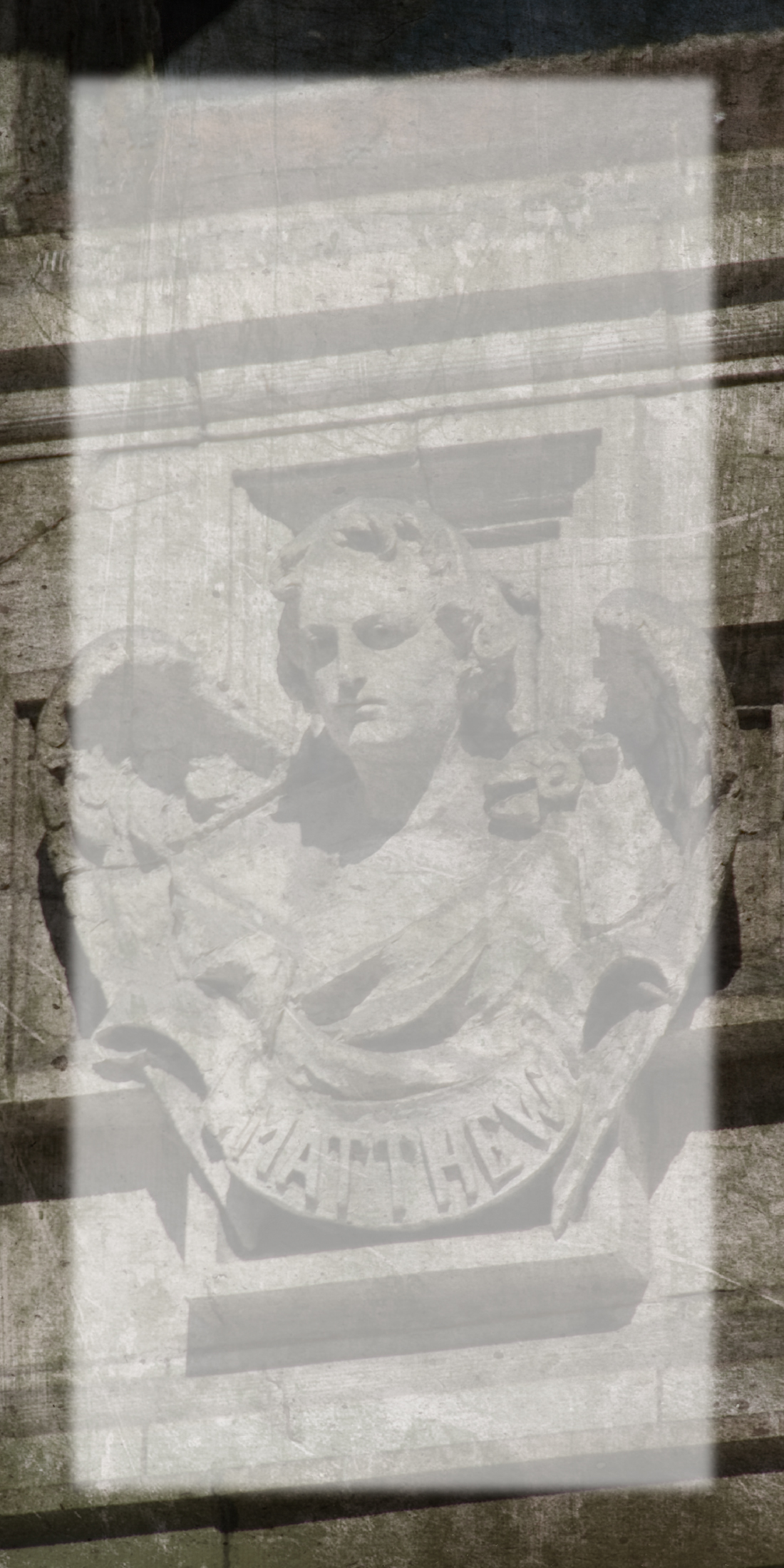MK: Do you distinguish between the idea of “you, Michael Somoroff, and ‘you, Michael Somoroff, artist”?
MS: No. The real question is how I can be the most I can be. How can I be the best Michael Somoroff, take advantage of those special gifts that are “me”? How do I best give myself to the rest of the world, be a contributor in a meaningful way? It is a project that never ends and requires real risk taking at times, and hard knocks and most of all, good friends and family to catch you when you fall.
The whole existential proposition begins with one’s responsibility to be oneself. This isn’t egocentric as many think; to the contrary, it is not only everyone’s right but also one’s deepest responsibility actually– to be true to oneself. Thus, the first step in this process of really taking of responsibility for one’s life is to learn to be authentic, something that is much easier said then done. We all bend to life’s pressures, the need to make money, conform to social pressures, whatever. Additionally, we impose all kinds of limitations on ourselves that are mostly the results of our own insecurities. One must wrestle with these things as a part of the process of finding one’s true voice in the world. These challenges literally give us the chance to confront ourselves. I mean how would one ever get to know themselves if not through struggling with whom we want to be relative to the rest of the world, or better, with their actions as they pertain to others. This for me is the primary issue.
Each of us has ultimately one monopoly in terms of our existential situation, we are uniquely ourselves. I am the only Michael Somoroff in the game. You are the only Miriam and so on. This implies that at the very core of one’s mission in the world is the responsibility to be oneself as fully as possible, i.e. to be individuated. This enables a person to give his or her special gifts, those qualities that are unique, to the rest of the world through their actions. This project of self-realization is the subtext behind individuality, which in my mind is one of the greatest forms of equity available to our society, and, unfortunately, it is being weakened by our present culture.
MK: In your lecture at the Rothko Chapel, you told the story of a night you spent discussing the nature of truth with your teacher. Would you retell that story for our readers?
MS: I’d be only too happy to. Early on in my career I concluded that one of the goals of art was to pursue the expression of truth. This implies that an artist, well actually anyone I think, should, in fact, know something about truth – a difficult thing to do. For the last thirty years I’ve been studying this problem. In the process I have had the good fortune to study the problem with many teachers from diverse disciplines. I have studied many of the world’s great religions. I have studied philosophy and many branches of esoteric science.
One of the greatest of the teachers I have been privileged to be able to learn with, someone I pursued for a long time to have the chance to be one of his students, used to come to my home around 11:00PM, and we learned most of the night until dawn. It was particular to this specific tradition, one that is fundamental to the entire Western outlook of reality, that one’s learning should take place in the night, which was a lot of work. He was a very gentle man, a man of great wisdom, and on this particular occasion he made a wonderful suggestion to me. He began by asking me whether or not truth existed. I thought about this for a long time before answering, not wanting to supply the “wrong” answer and embarrass myself in front of this great sage. He waited patiently as many minutes passed. Playing it safe, I finally answered that truth was subjective; one could not assume Truth as an objective constant. He assured me that I was right, and explained that there was no single Truth but rather a compendium of Truths from which the world came into being, constantly, every split second. I was relieved that I found an answer he found acceptable.
Our session progressed through the night until finally the sun began to creep into my family’s loft. We finished our study together. We drank some tea together, which was part of our weekly ritual, and I fetched his hat and coat and accompanied him out onto the steps leading from my home to the street level. I watched as he descended the steps slowly and very purposely, as he always did everything. Suddenly he turned and said, “Of course there is another truth, which is universal. It is all truths simultaneously.” I asked how that could be as we had just learned the opposite. By what name does one call this truth that is universal to all? I asked. He replied that on a larger dimension, the name of this Truth is “To Be.” With that, he turned away, moving once again slowly down the steps, he left me to ponder this last and very profound insight that BEING is the last and final truth.Interview answer continues on next page.
